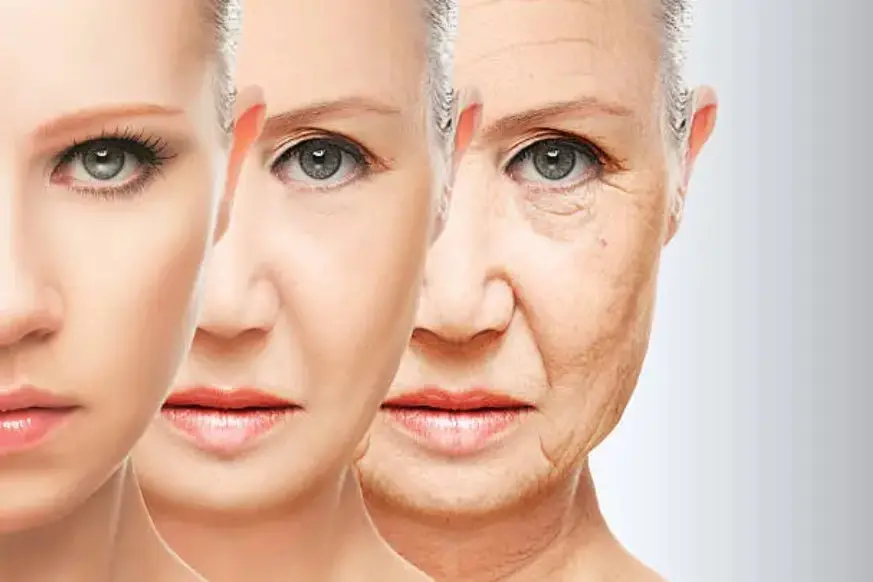
I have fond memories of my father from when I was five years old. He would carry me on his shoulders and take me to picnics, fete, morning walk and the market. We played together every day. He was a very active man and my hero, always inspiring me with his vibrant personality. Although I lost him three years ago at the age of 87, even in his frail old age, he remained a fighter with an incredible zeal for life until his last breath.
Aging is a natural process that begins at conception and continues until death. How one ages is influenced by heredity, physical health, nutrition, mental health, and other unknown factors. Some scientists believe that humans have an internal “biological clock” that could potentially run for 130 years if the body were unaffected by diseases or illnesses.
Aging is a highly individualized experience, with age-related changes occurring at different rates for different people. The functional status among individuals of the same chronological age can vary significantly. Research suggests that some individuals feel up to 20 percent younger than their chronological age.
Understanding the normal aging process is becoming increasingly important as our nation’s population grows older. It is no longer unusual for families to have four living generations. Many people now experience full lives for two to four decades past the age of 60.
However, negative assumptions about aging persist. Stereotypes such as older people automatically becoming incompetent, experiencing depression, losing their memory, and being unable to enjoy life often develop at a young age and influence us into adulthood. As a result, those nearing the age of 65 may become anxious about their health care, finances, and physical functioning. These negative perceptions can lead to serious health consequences, including a greater risk of developing Alzheimer’s disease, impaired physical functioning, and even premature death. Conversely, positive perceptions about aging can lead to health benefits and may even add years to one’s life.
Studies over the last 50 years show that the health status of older adults has improved. Many people aged 65 and older now have physical and mental capabilities comparable to those much younger. Eating healthy and staying active are crucial factors that can delay age-related diseases and conditions, contributing to a long and healthy life.
Aging is a natural and beneficial part of life. The American poet Henry Wadsworth Longfellow perhaps captures the essence of aging the best:
“For age is opportunity no less
Than youth itself, though in another dress,
And as the evening twilight fades away
The sky is filled with stars, invisible by day.”
Embrace aging with grace and continue to live life to the fullest, cherishing the wisdom and experiences that come with each passing year.

Recent Comments